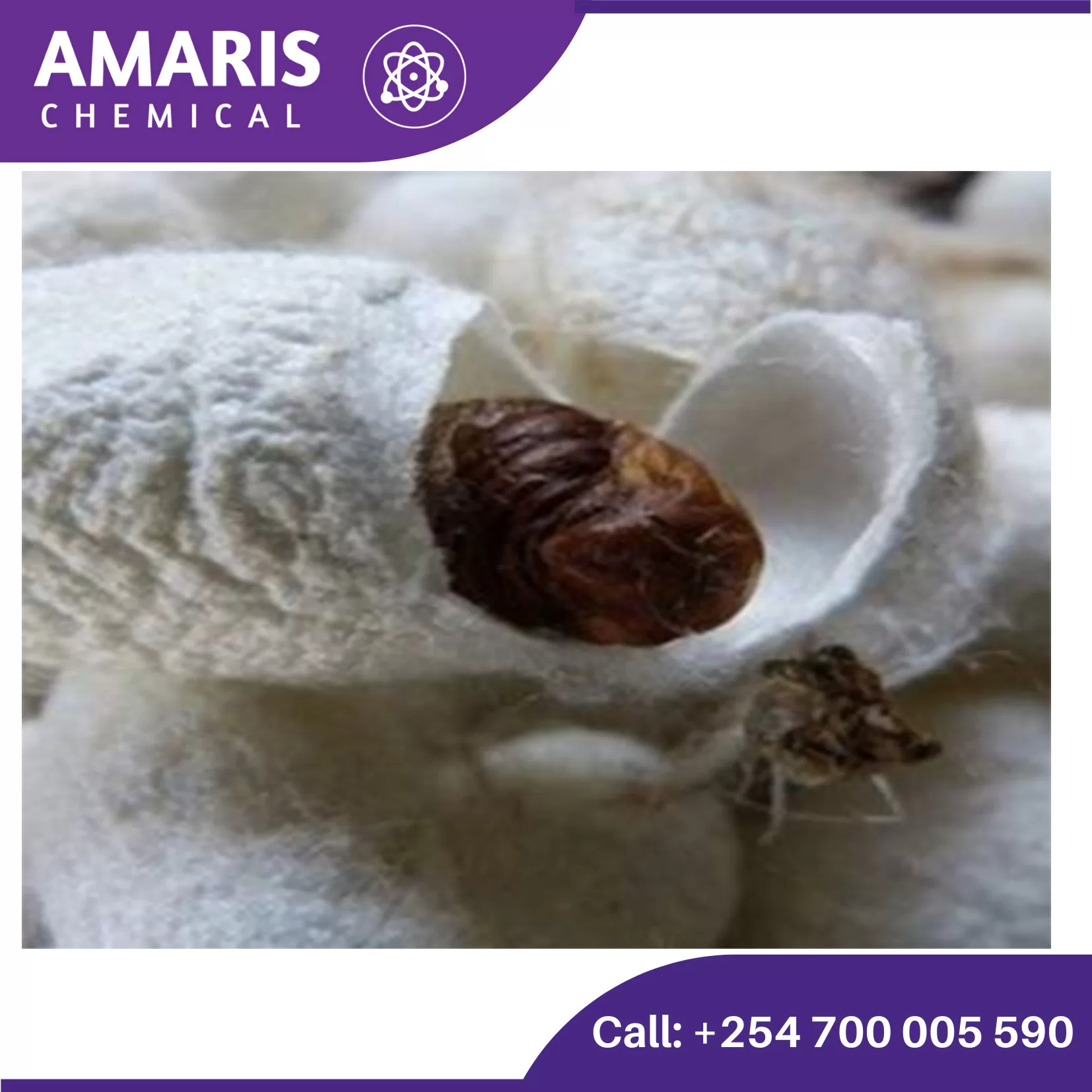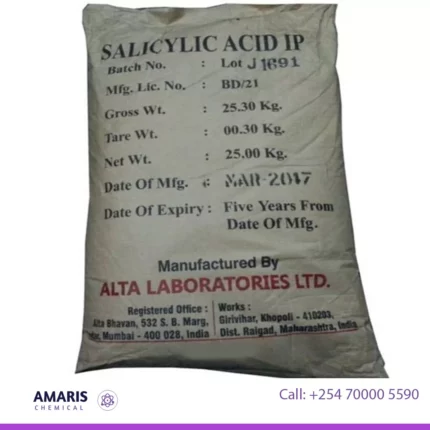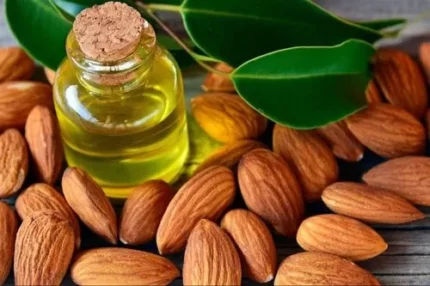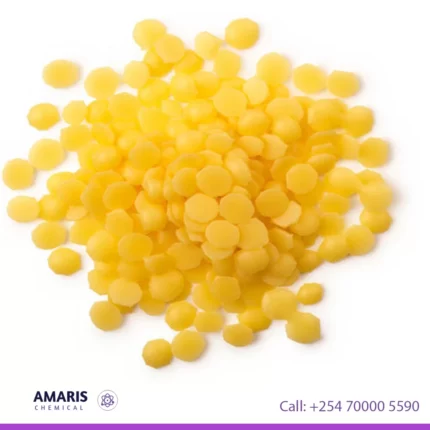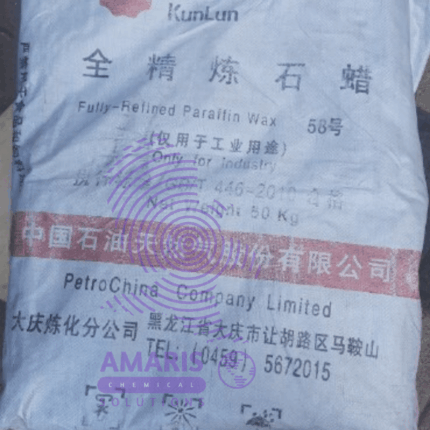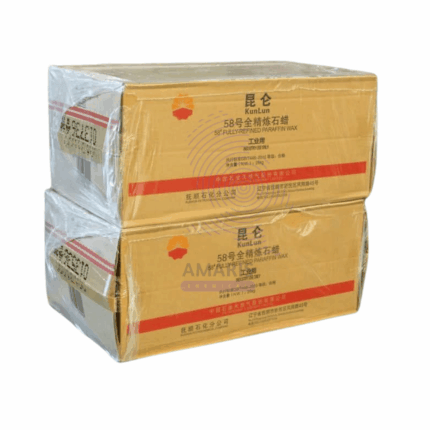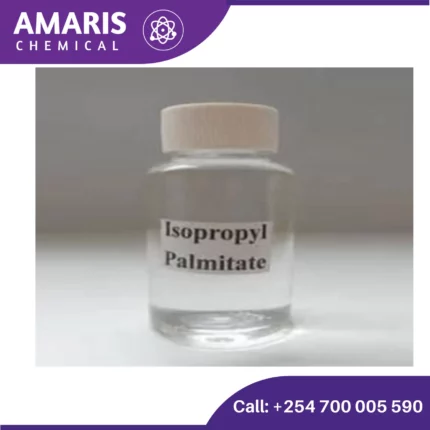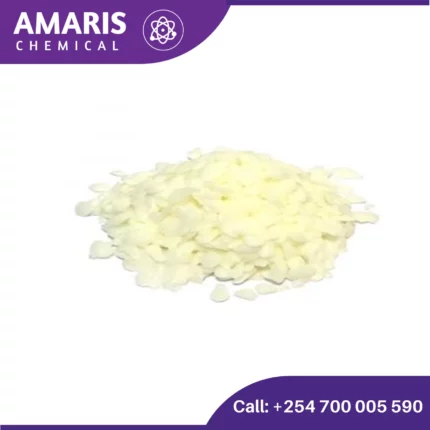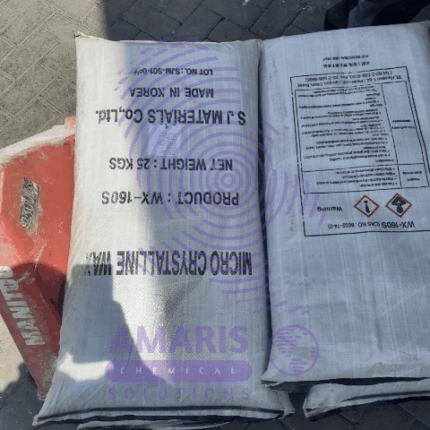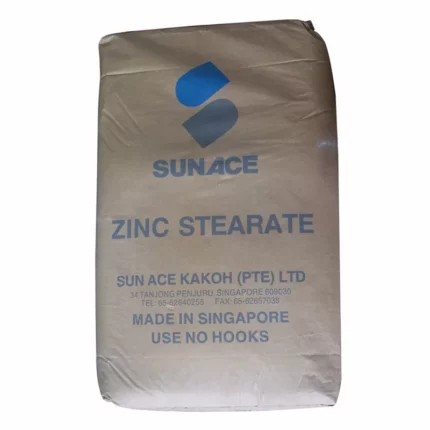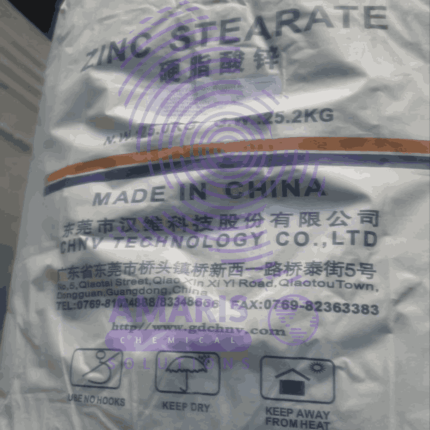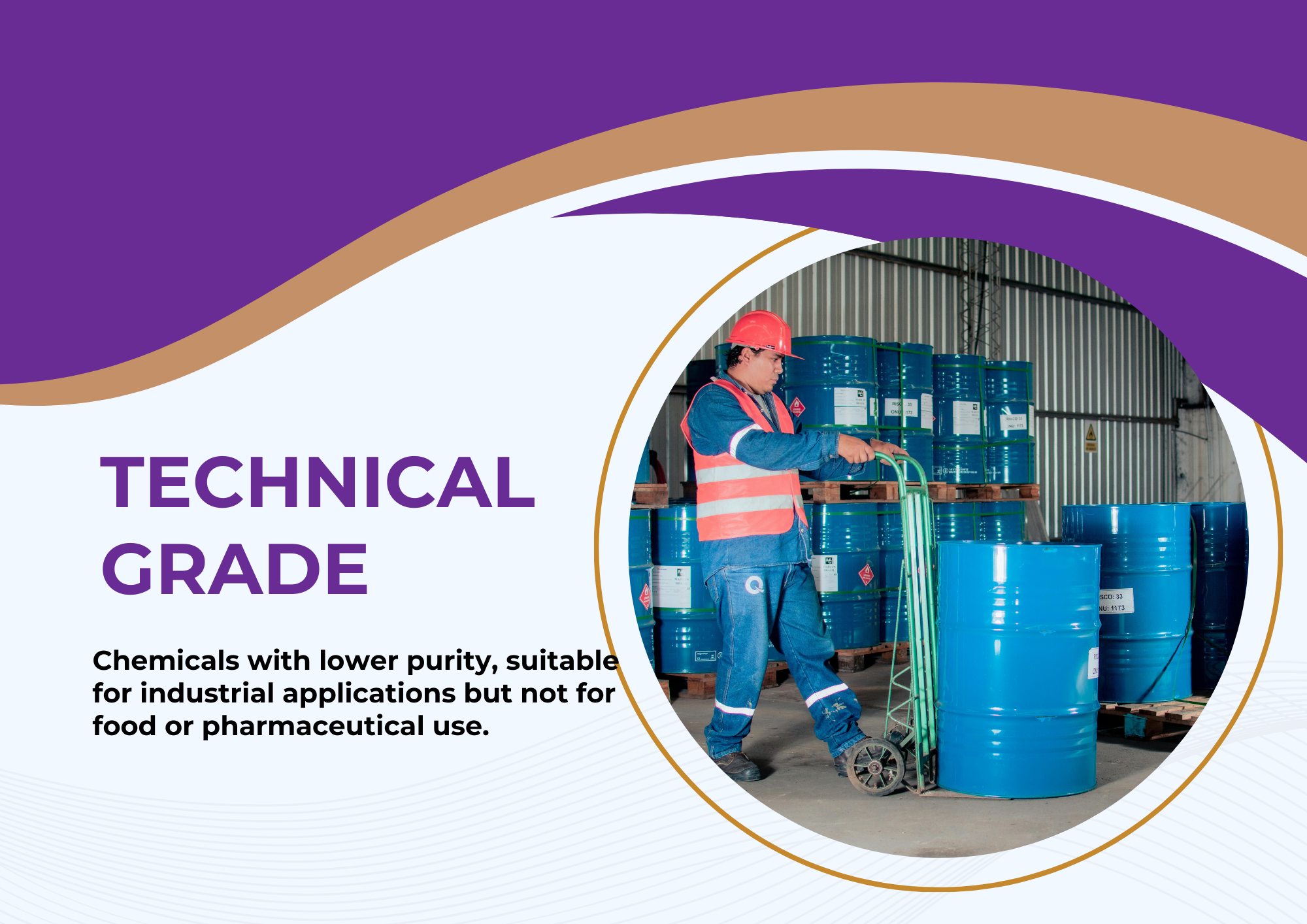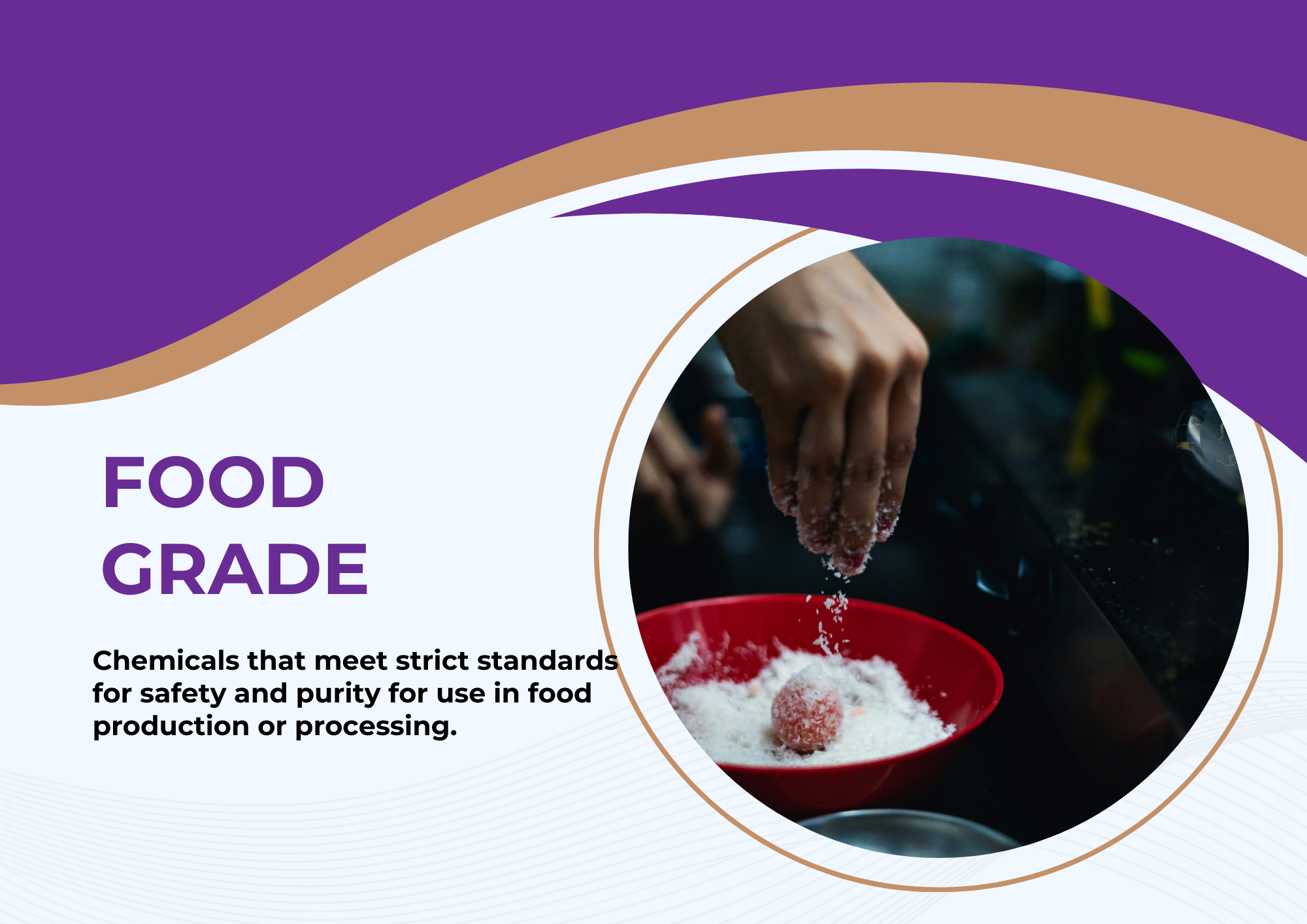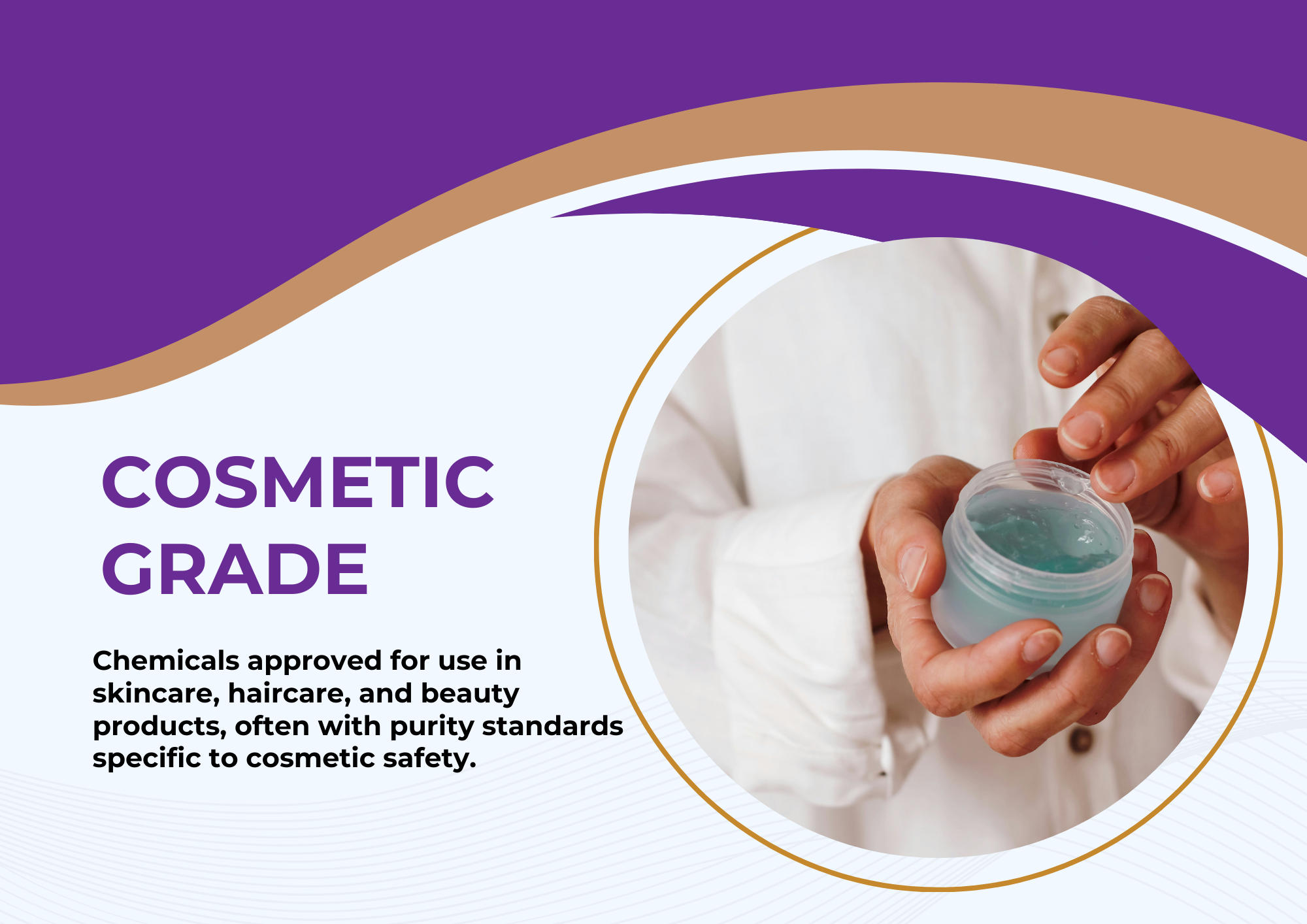“Silicon emulsion” has been added to your cart. View cart
Shipping & Delivery
Related products
Candelilla Wax
Candelilla wax is a natural vegetable wax derived from the leaves of the candelilla shrub, scientifically known as Euphorbia cerifera. It is primarily produced in northern Mexico and the southwestern United States. Candelilla wax is obtained through a process that involves harvesting the leaves, grinding them into a powder, and then boiling the powder to extract the wax.
Candelilla wax is characterized by its yellowish-brown color and a hard, brittle texture. It is composed mainly of hydrocarbons, esters, and fatty acids. One of its key components is the hydrocarbon called cerotine, which gives the wax its unique properties. It has a melting point ranging from 68 to 73 degrees Celsius (154 to 163 degrees Fahrenheit).
This wax is widely used in various industries, including cosmetics, pharmaceuticals, food, and household products. In cosmetics, it is employed as a natural alternative to beeswax or petroleum-based waxes in the formulation of lip balms, lotions, creams, and other skincare products. Its emollient and protective properties help to provide a smooth texture, enhance product stability, and improve moisture retention.
Furthermore, candelilla wax finds applications in the food industry as a coating or glazing agent for candies, chewing gum, and other confectionery products. It is also utilized in the production of candles, polishes, adhesives, and coatings due to its excellent film-forming and water-repellent qualities.
Overall, candelilla wax is a versatile and sustainable natural wax with various desirable properties, making it a valuable ingredient in numerous commercial products.
Fully Refined Paraffin Wax 50 kg
Fully refined paraffin wax is a type of wax that has undergone a refining process to remove impurities and unwanted components. It is a white, odorless, and tasteless wax that is solid at room temperature and has a relatively low melting point.
The refining process involves several steps, including solvent extraction, deoiling, and bleaching. Solvent extraction involves dissolving the crude wax in a solvent, which separates the wax from other components such as oil and grease. Deoiling involves removing any remaining oil and grease from the wax through vacuum distillation. Bleaching involves removing any remaining color or odor from the wax through the use of chemical agents.
Fully refined paraffin wax is commonly used in a variety of applications, including candle making, coating materials, packaging, and cosmetics. Its properties, such as its low melting point and ability to retain fragrance and color, make it a popular choice in these industries
Isopropyl palmitate
Isopropyl palmitate is a synthetic compound that is derived from isopropyl alcohol and palmitic acid. It is commonly used as an emollient and thickening agent in cosmetic and personal care products. Isopropyl palmitate helps to enhance the texture and spreadability of formulations, leaving the skin feeling smooth and moisturized. It is often used in creams, lotions, moisturizers, and various skincare products.
Micro crystalline Wax 25kg
Micro crystalline wax is a type of wax derived from the refining process of crude oil. It is composed of a complex mixture of hydrocarbons, with a higher percentage of branched and cyclic molecules than straight-chain molecules. Microcrystalline wax is characterized by its small crystal size, which gives it a smooth texture and makes it less brittle than other types of waxes. It is commonly used in a variety of industries, including cosmetics, pharmaceuticals, and food processing, as a lubricant, emulsifier, and water-resistant coating.
Silicon emulsion
Zinc stearate 25kg
Zinc stearate is an inorganic compound composed of zinc and stearic acid. It is a fine, white powder that is insoluble in water. Zinc stearate is primarily used as a lubricant, release agent, and stabilizer in various industries, including plastics, rubber, cosmetics, and pharmaceuticals. It has excellent hydrophobic properties, which make it effective in preventing the sticking or adhesion of materials during processing or manufacturing. Zinc stearate is also used as a thickening agent, emulsion stabilizer, and anti-caking agent in certain applications.

